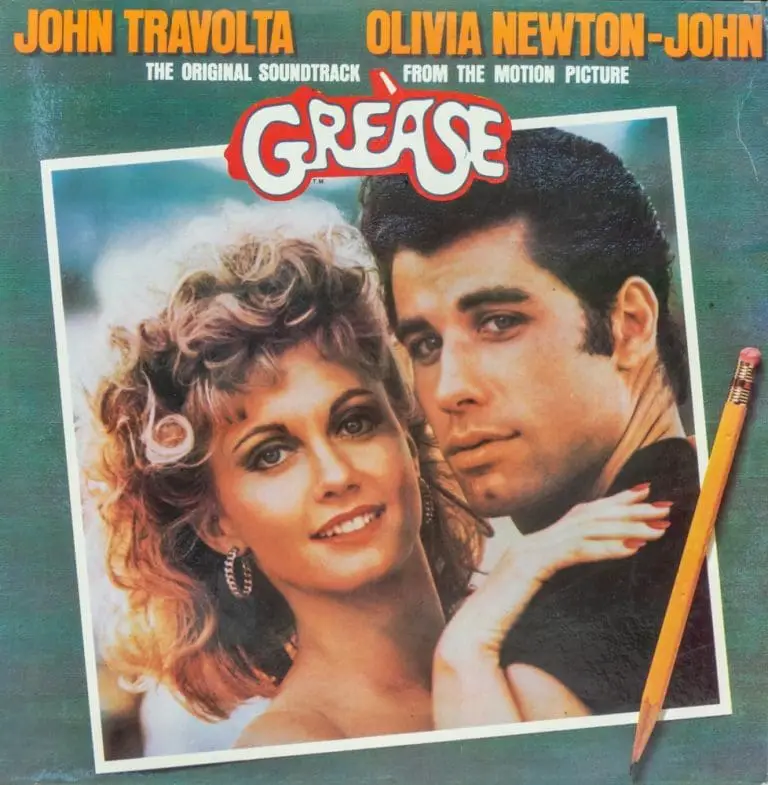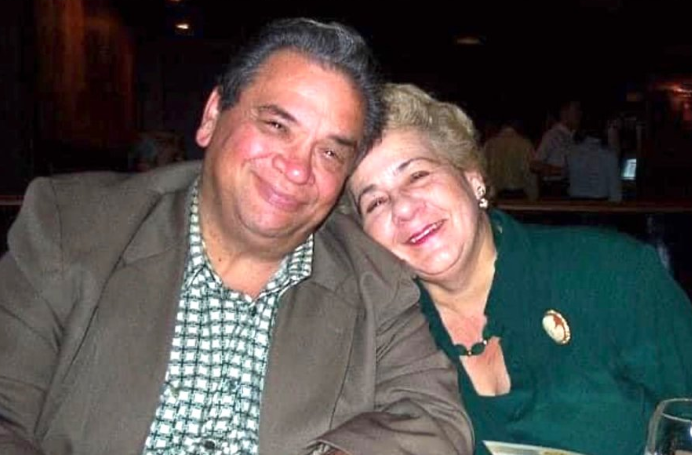The iconic 1978 film Grease, starring John Travolta and Olivia Newton-John, is facing renewed scrutiny from modern audiences who have labeled it “misogynistic,” “homophobic,” and “racist.” The movie, which follows the high school romance between bad-boy greaser Danny Zuko and wholesome Sandy Olsson, has come under fire as viewers rewatch it through a contemporary lens.
Several scenes have been called out for their problematic content. In the drive-in scene, Danny aggressively tries to make advances on Sandy, leading her to scream, “Danny, get off me!” and flee the car. Critics argue that this scene promotes an uncomfortable narrative around consent. Additionally, the character Vince Fontaine, a much older celebrity, is shown hitting on high school student Marty, which viewers now see as inappropriate and predatory behavior.
The film’s handling of female sexuality also faces criticism. Rizzo, a character who is sexually active, is shamed by her peers for having sex without a condom, which modern audiences view as a harsh and judgmental portrayal. The predominantly white cast has led to accusations of racial exclusion, with only one non-white couple appearing in the dance scenes, which viewers have described as “racist.”
Furthermore, Grease has been criticized for its lack of LGBTQ+ representation. All the couples in the film are heterosexual, and some viewers have expressed their frustration on social media, pointing out that the film does not reflect the diversity of relationships present in society.
In response to the backlash, Olivia Newton-John, who played Sandy, previously dismissed these critiques, stating that Grease is meant to be a fun story and should not be taken too seriously. Despite this, the debate continues on whether Grease should be viewed as a product of its time or held accountable for its outdated and controversial themes. This ongoing discussion raises questions about how society should approach classic films with problematic content and what place they hold in today’s cultural landscape.




